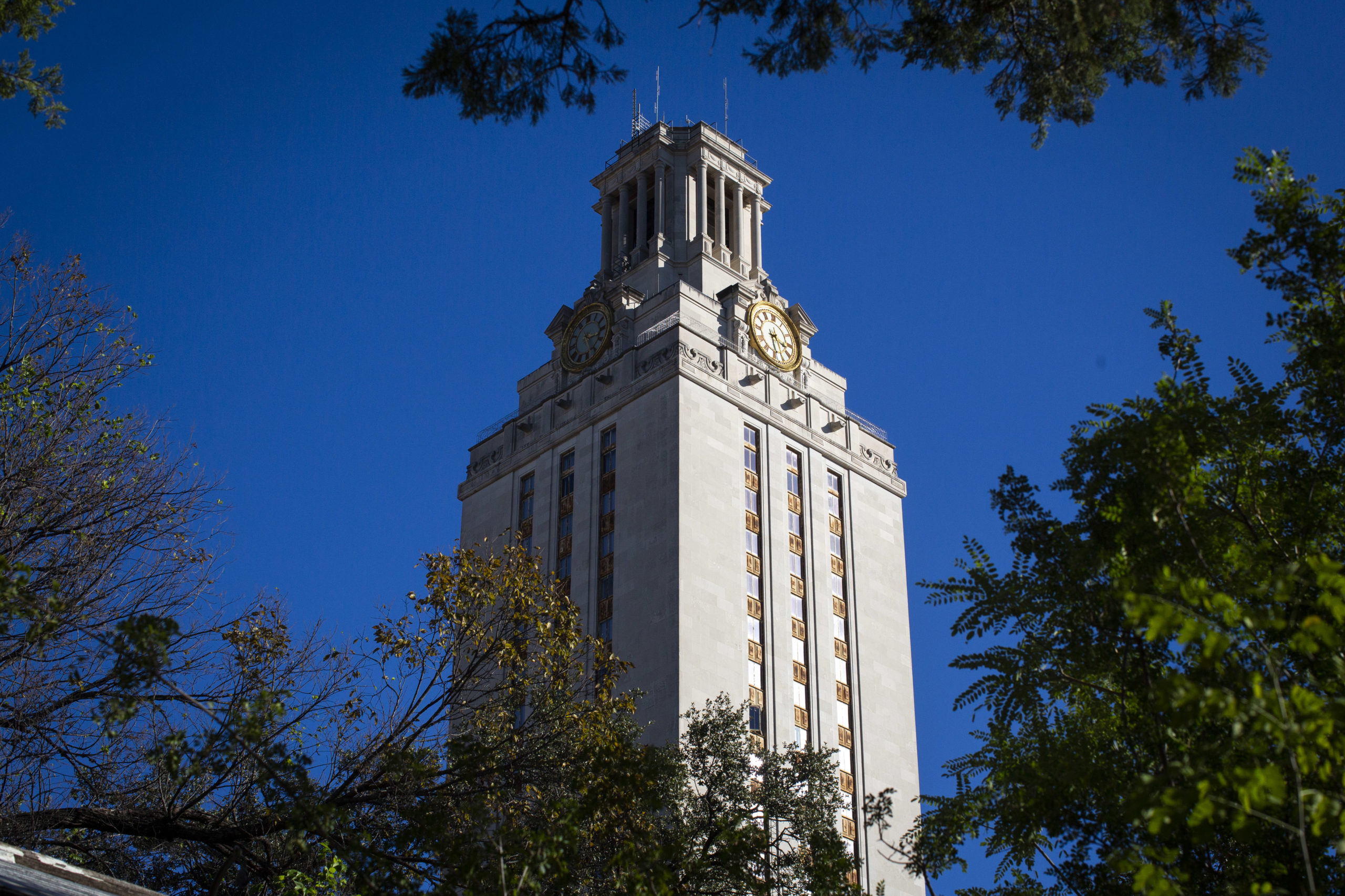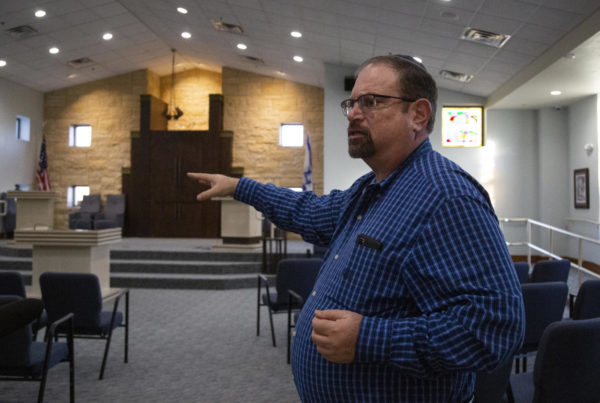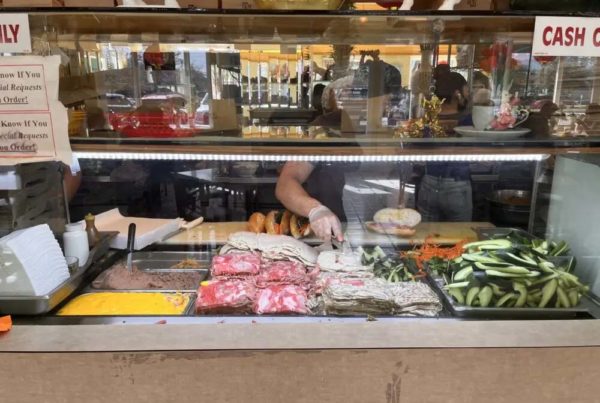The University of Texas at Austin is requesting millions of dollars from state lawmakers during the 2023 legislative session.
Every two years before the session begins, public colleges and universities in Texas submit an appropriations request to the governor’s office and the Legislative Budget Board outlining their funding requests. This includes both funding for basic functions and special initiatives, according to Megan Menchaca, who covers higher education at the Austin American-Statesman.
“UT has asked the Legislature for $48 million in funding for these exceptional items, which are split up amongst $25.8 million for the Texas Hub for Applied Cybersecurity, $18.5 million for development of a digital molten salt reactor and $4 million for long COVID research,” Menchaca said. “This is the largest amount of exceptional item funding UT has asked for in more than a decade. Last session, as state institutions faced cuts to state funding due to COVID, the university asked for about $25 million.”
The funding for COVID research would go toward expanding the staff who currently run the existing long COVID clinic at the Dell Medical School. Eventually, UT wants to collaborate with other Texas clinics and academic institutions and help develop long COVID centers across the state to provide treatment to Texans who face this disease, Menchaca said.
“Research shows that millions of people in the U.S. have developed long COVID, which is an illness where COVID symptoms last weeks or months after someone’s initial bout with the virus,” she said. “This funding would allow the clinic to increase its capacity for research and partake in new trials of new therapies for long COVID.”
The biggest ticket item — which makes up more than half of the exceptional item request funding — is the Texas Hub for Applied Cybersecurity. This will be used to teach students cybersecurity techniques, and UT eventually aims to establish a pipeline of cybersecurity professionals.
“The request notes that there’s going to be a projected annual shortage of 1.5 million cybersecurity positions, calling it a state and national emergency, and that there’s also a lack of diversity in the field,” Menchaca said. “27% of professionals (in the field) are people of color and 25% are women. So this hub would aim to address both of those factors by offering a minor in applied cybersecurity.”
Menchaca said the university usually receives much of the funding it asks for from the state, though not every special items request is fulfilled every session.
“Like many public universities, UT has seen the overall funding from the state as a percentage of its budget generally decreased significantly over the past few decades,” she said. “This year, along with their exceptional item requests, UT and other institutions are asking for increased overall state investment as they face inflation, COVID and a year of largely flat tuition rates.”













